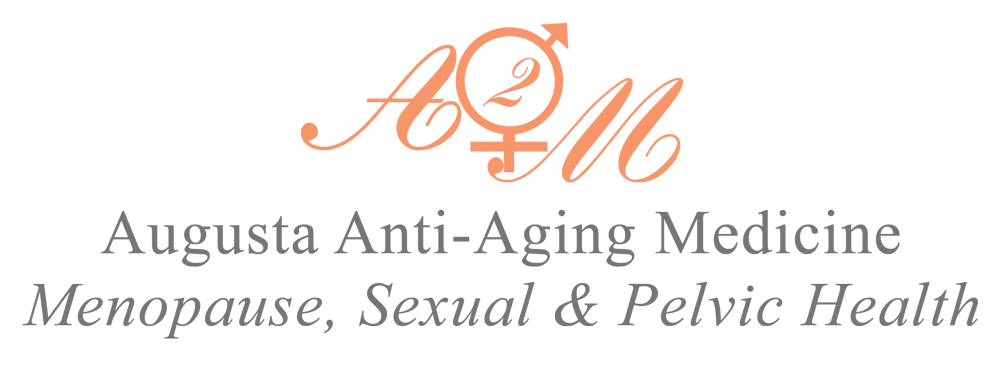
incontinence & pelvic health
pelvic organ prolapse
Pelvic organ prolapse is a result from weakness or laxity in the ligaments, fascia, and muscles supporting the pelvic organs. The prevalence of pelvic organ prolapse is difficult to ascertain, and treatment is based on symptoms.
recurrent urinary tract infections (utis) / genitourinary syndrome of menopause
Recurrent urinary tract infections may be caused by hormonal changes that affect the tissue in the genitourinary tract such as: labia, clitoris, vulva, urethra, and the lower one-third of the bladder can greatly impact a woman’s quality of life. Instead of treating the bacteria with different antibiotic therapies, it is just as important to treat the environment (the vagina) which becomes a perfect medium for bacterial growth during menopause. Without treatment the problem will worsen and the pain may become intensified and affect sexual relations. However, there are treatment options, but first, a comprehensive evaluation is in order to rule out other urological conditions that can cause recurrent UTIs such as, kidney stones, urethral diverticulum, interstitial cystitis (IC), or cancer.
interstitial cystitis (IC)
Interstitial cystitis (IC), also called painful bladder syndrome, is a chronic, or long-lasting, condition that causes painful urinary symptoms. Symptoms may vary between individuals. Some people experience mild discomfort, pressure, or tenderness in the pelvic area while others have intense pain in the bladder or suffer with urinary urgency or frequency.
Approximately four million Americans suffer from interstitial cystitis (IC), a recurring uncomfortable or painful condition of the bladder. IC symptoms are similar to a bladder infection, but IC does not respond to antibiotics. Approximately 3 in 8 million women and one in four million men suffer from IC.
IC is diagnosed by ruling out other conditions with similar symptoms. A lifestyle approach with diet, stress control, medications, and in some cases, rescue bladder treatments are utilized. Since IC may result from conditions that cause inflammation in the body, therefore, a lifestyle approach is fundamental in the treatment of this condition. Since severe IC symptoms may affect your quality of life, it is important to seek help for this condition early on.
